Waking Up In Central America, Discovering Your Death Archetype, and Laughing While You Burn the Manual for Your Life
Week in Review: Central America Edition
A lot happened this past week. We moved to Central America. I published an extended article about our move and why we did it, Why I Moved to Central America: Two Adults, Two Dogs, Two Suitcases and 3,000 Miles.
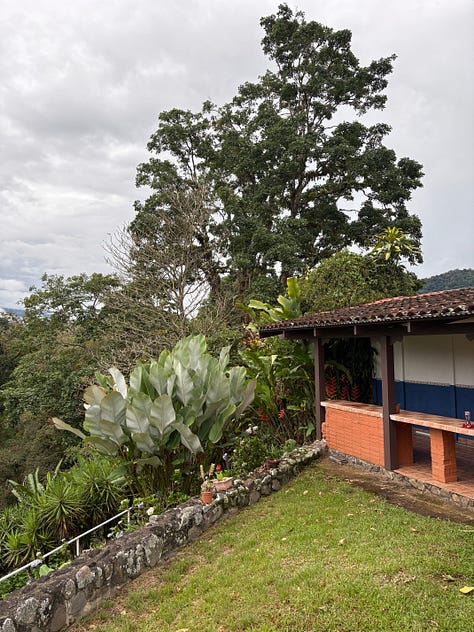
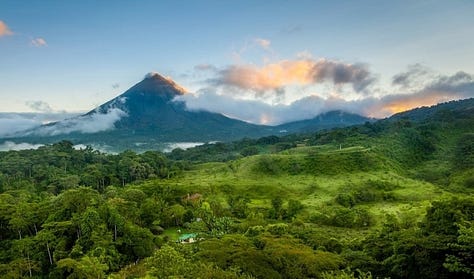

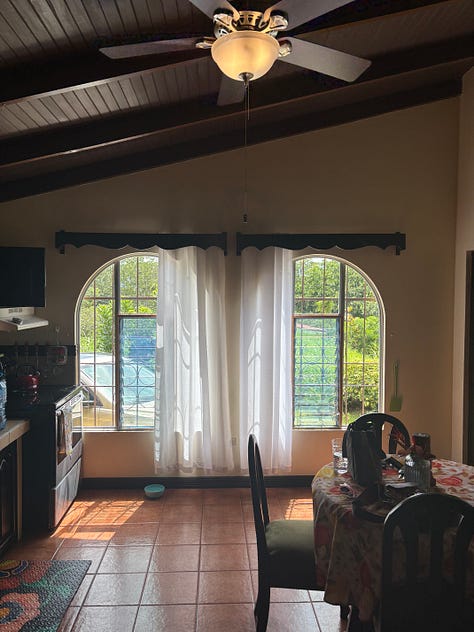
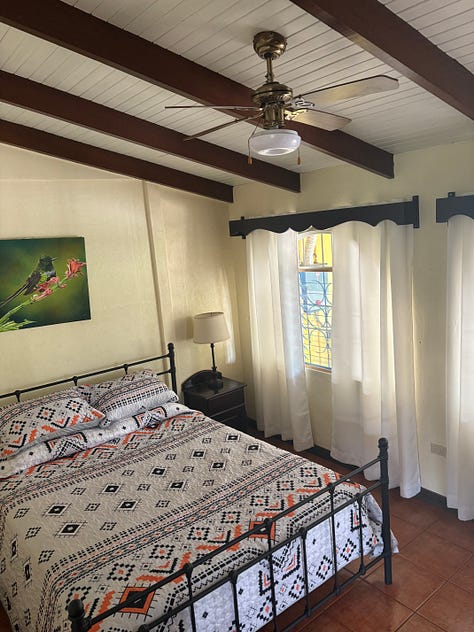
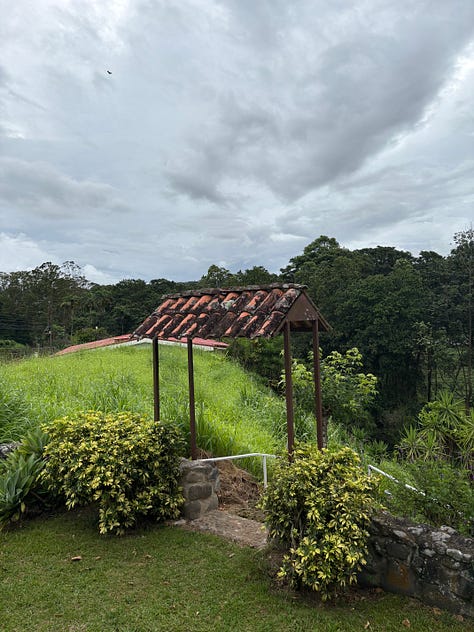
Yesterday, I sent an email to the 60 people enrolled in the training that I and Brittney Hartley (and other trainers) will be leading in August. In 2021 I founded the Center for Non-Religious Spirituality, in part to train and certify non-religious spiritual directors or existential practitioners. It’s a 12-month multidisciplinary training that covers a variety of areas including belief-system deconstruction, psychology of religion, and existential health.
For the last 30 years I have been working with people in belief-system deconstruction, non-religious spiritual formation, and existential health. I recently estimated that I have invested over 40,000 hours in private practice and research in these areas.
You could say that “existential health” is a matter of how constructively we relate to the givens of human existence. All people experience intrapsychic conflict due to their interaction with certain conditions inherent in life. A few of those givens include: human mortality, individual responsibility for life's meaning, and insatiability in our pursuit of happiness. For the person who leaves religion, this intrapsychic volatility can be especially destabilizing as a result of the collapse of one's fundamental belief-system, especially in a deep questioning of one's learned idea of “God”.
I published an article this past week about the matter of existential health and why it has become central to my work. If you want to know where I am focusing a good bit of my time and energy these days read, The Rules of the Game: What We Won't Talk About is Killing Us.
One of the primary ways the metacrisis is manifesting itself is in what's being called a "meaning-crisis". Today, there is an increase of people feeling disconnected from themselves, each other, the world, and from a viable and foreseeable future. Feelings of isolation, nihilism, fragmentation, alienation, anxiety and loneliness have become pervasive.
Meanwhile, people are putting the pieces together in their post-religion de/reconstruction in lots of different ways. Exvangelicals are discovering process philosophy and panentheism. Ex-mormons find new freedom, coming out of a high-control religious environment. Many religion-leavers turn toward Eastern philosophy and spirituality. Others move forward with a spirituality without any belief in God or the supernatural.
Awareness of the mental health impact of toxic religion has grown in recent years. It's likely that Religious Trauma Syndrome will be included in the DSM-6. The Spiritual Harm & Abuse Scale (PDF below) is commonly used in accessing the negative impacts of religion.
There is a glut of information (often misinformation) as it relates to religious de/reconstruction. Too often, religious de/reconstruction is treated as a belief-system swap - out with the bad doctrine, in with the new. However, this doesn't address areas such as: human development deficits; self-relationship reconstruction; trauma work; and existential health. The work of de/reconstruction is a multi-disciplinary field. Being a former religious leader or having a background in theology or spirituality does not fully equip a person to do this work.
For all the above and other reasons, we developed the CNRS Spiritual Direction Training and Certification Course. In my view, the need and demand for trained non-religious spiritual directors, belief-system deconstruction counselors and existential health practitioners, is vital. It's a role that is not represented in therapeutic culture, life coaching, or spiritual guidance. To put it straightforwardly, we need more trained people to meet this demand, which will only continue to grow exponentially.
Facing Human Mortality
Yesterday I did a livestream with of . is the co-creator of Hello, Mortal, and I hope to do a livestream with her in the near future.
One of the givens of human existence that relates to existential health is the matter of death and human mortality. I previously wrote an extensive article on the subject of death, Do you fear death? How to cultivate healthy death acceptance. Afterlife narratives often arise in conversations about death. I published an article on a popular afterlife narrative, Does Heaven Exist? Did religion get Heaven wrong?
Maura and I discussed several topics, including:
What’s being the denial of death
How to cultivate healthy death acceptance and a constructive relationship with our human mortality
Using death archetypes, which Maura created, as a tool for relating to our human mortality in meaningful ways
What Subscribers are Saying
The full quote reads:
“Even if you’ve never set foot in a church, Jim Palmer’s work still hits. It’s for anyone who’s been shaped by shame, pressure to be “good,” or invisible rules about how to live. No religion required—just a desire to ditch the inner critic, question the script, and maybe laugh while burning the manual.”
Thank you so much Judith for your kind and generous recommendation and encouragement! Honestly, I might use your words in the description of my Substack newsletter. I couldn’t have said it better. This is a real keeper, “… ditch the inner critic, question the script, and maybe laugh while burning the manual.”
Interesting People and Reads on Substack
There are so many extraordinary people on Substack. What follows are a few people and reads that caught my attention this week:
did an interview with this past week about her writing and Substack newsletter, Unknown Literary Canon. I find it fascinating to learn more about the people and their process in writing their Substack newsletter. I recently published an article about Jo and her impact on my journey in the article, An Unlikely Feminist: The humbling journey of a white, American, cisgender, heterosexual, religious male... becoming an intersectional feminist.I’m always checking in on what is up to, especially around ekoPhilosophy and philosophical health. Jessica published an article about a recent outdoor adventure she had and what she learned about it. It’s well worth the read, Can You Go Hiking When the World's on Fire?
is one of the best deconstructionists I know. I always gain so much from her insights into the systemic dynamics behind individual and societal distress and suffering. In a new article she discusses what’s behind the disconnection, isolation, alienation and loneliness many people feel.
I will never stop sharing the work of because of his devotion to human development, self-learning, and the cultivation of a robust intellectual life. One of the human development deficits for many people who leave religion is an underdeveloped base of knowledge. I enjoyed Sam’s article this week, The Self-Education of Novelist Louis L'Amour: 7 powerful lessons on reading and self-study.
I appreciate and her Substack newsletter, Better Days. Maria shows up everyday offering encouragement, empathy and insight for those who are in the process of rebuilding their lives, starting over, or doing a major reset. Her latest article is gold, The Bounce Back Blueprint: How to Rise, Reset and Build a Life You Love: Break the patterns that keep leading you to the same place.
is someone else I’m always checking-in with. I highly recommend his new book, Real Speculations, and watching this videocast discussion he did with .
Religious Deconstruction Resources
If you are someone who has left religion, in the process of religious deconstruction, overcoming the harmful impact of toxic or high-control religion, or seeking to cultivate a meaningful non-religious spirituality, you may find the following articles I’ve published useful:
The 5 Cold Hard Truths of Leaving Religion (existential struggles associated with leaving religion)
Undoing Religious Pathology (a guide for addressing toxic religious indoctrination)
The Leaving-Religion Do and Don't List (guardrails for healthy deconstruction)
Non-Religious Answers to the 10 Greatest Religious Questions (a simple reframe of the worst of Christian theology)
The Leaving-Religion Resource Guide (comprehensive resource guide for religious deconstruction)
Why religion can be bad for your mental health (how toxic religion sabotages mental health)
Toxic Religitivity (exposing toxic religious sub-culture)
Note to Subscribers
Thank you for subscribing to this Substack newsletter and community. I appreciate your patience as we have relocated to Central America. One of the reasons we came here was to alleviate some of the financial stress as self-employed individuals in the US without quality health insurance. This is a great time to become a paid subscriber. I’m going to be offering a new video series for paid subscribers on belief-system deconstruction and existential health. The paid subscription is $5 monthly or $50 annually. In addition to exclusive chat threads and access to my online speaking and conference events, current paid subscriber perks includes three of my digital books:
Life After Religion: 30-Day Detox Guide
How to Have a Great Day Without Religion
The Deconstructionology Encyclopedia: Volume One
In Summary
We moved to Central America with two dogs and two suitcases, and lived to tell about it.
I can’t train enough existential health counselors to keep up with the meaning-crisis demand.
We can’t be a healthy people unless we cultivate healthy death acceptance and a constructive relationship with our human mortality.
I am indebted to the extraordinary people I encounter on Substack and the many ways they contribute to my growth and evolution as a human being.
“If I’m an advocate for anything, it’s to move. As far as you can, as much as you can. Across the ocean, or simply across the river. Walk in someone else’s shoes or at least eat their food. It’s a plus for everybody.”
– Anthony Bourdain


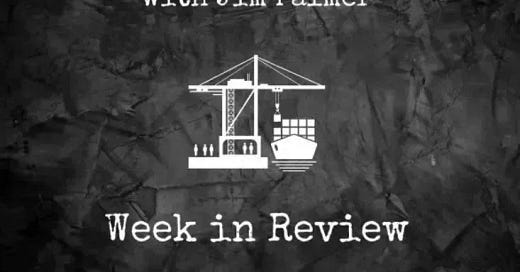




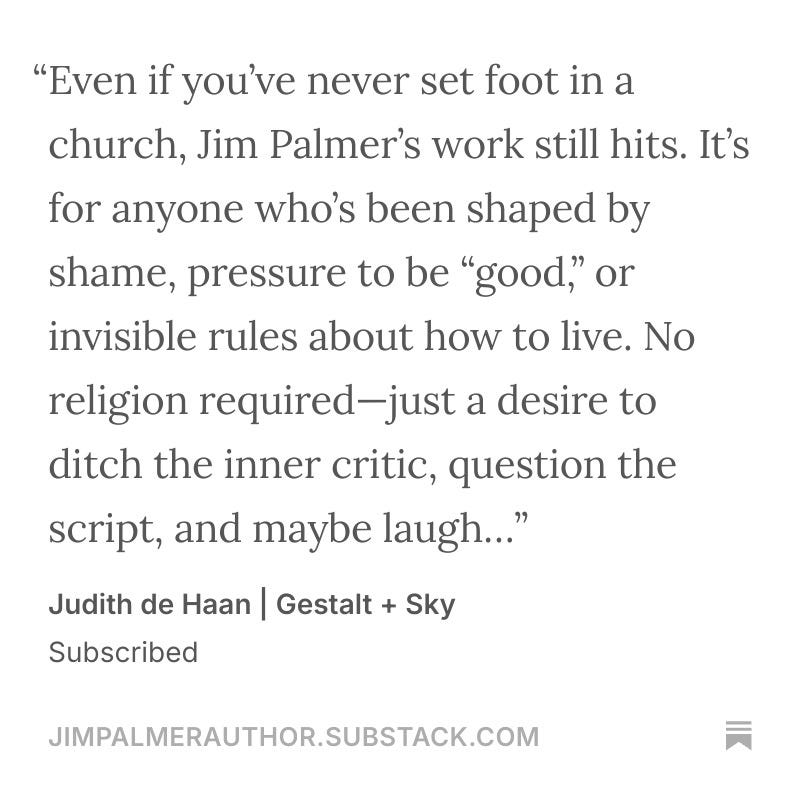



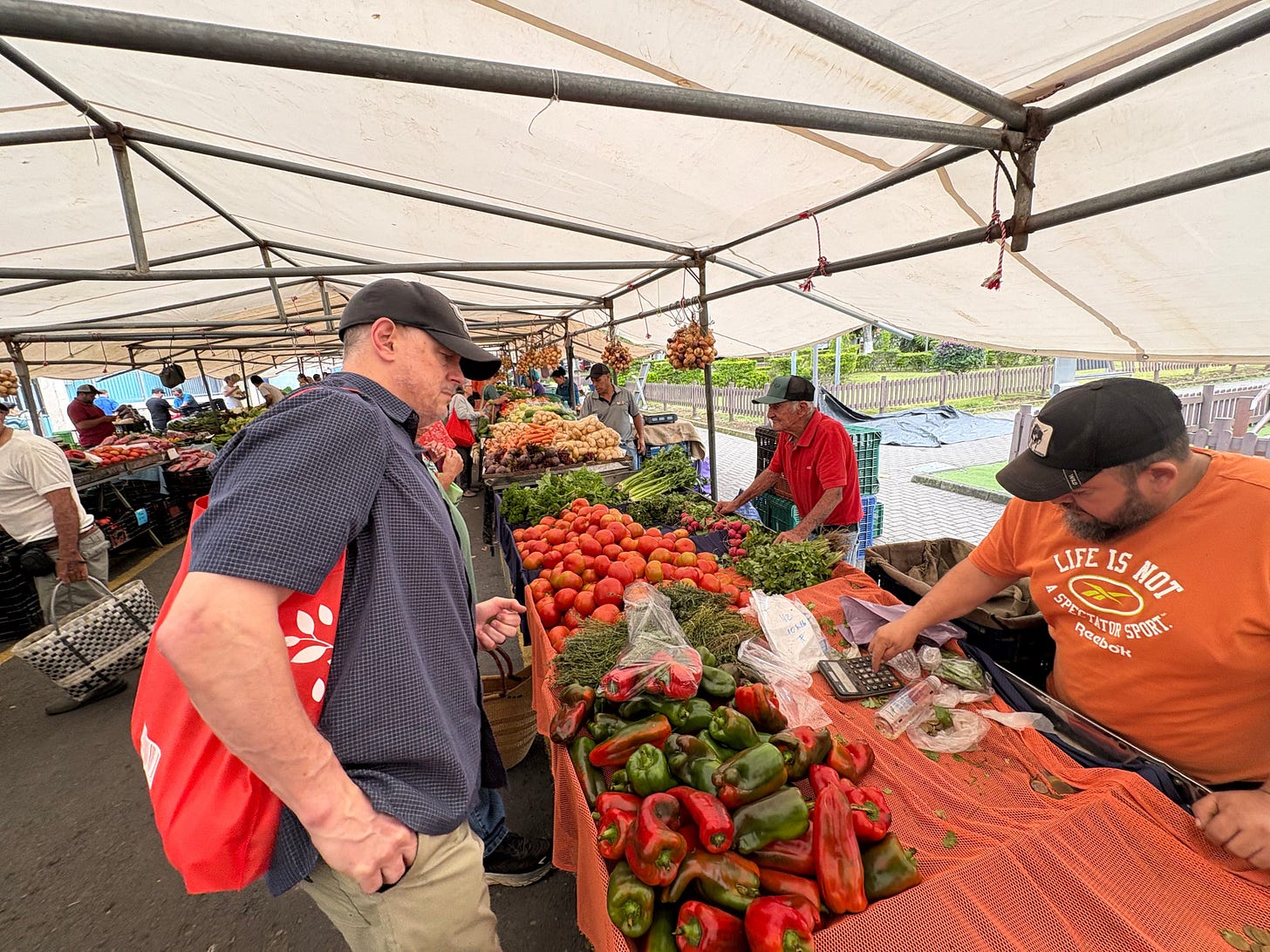
This is a really wonderful essay! Thank you for all the work you do to make the world a better place & in helping folks leave religion.
And thank you for the mention!
The produce looks so beautiful.